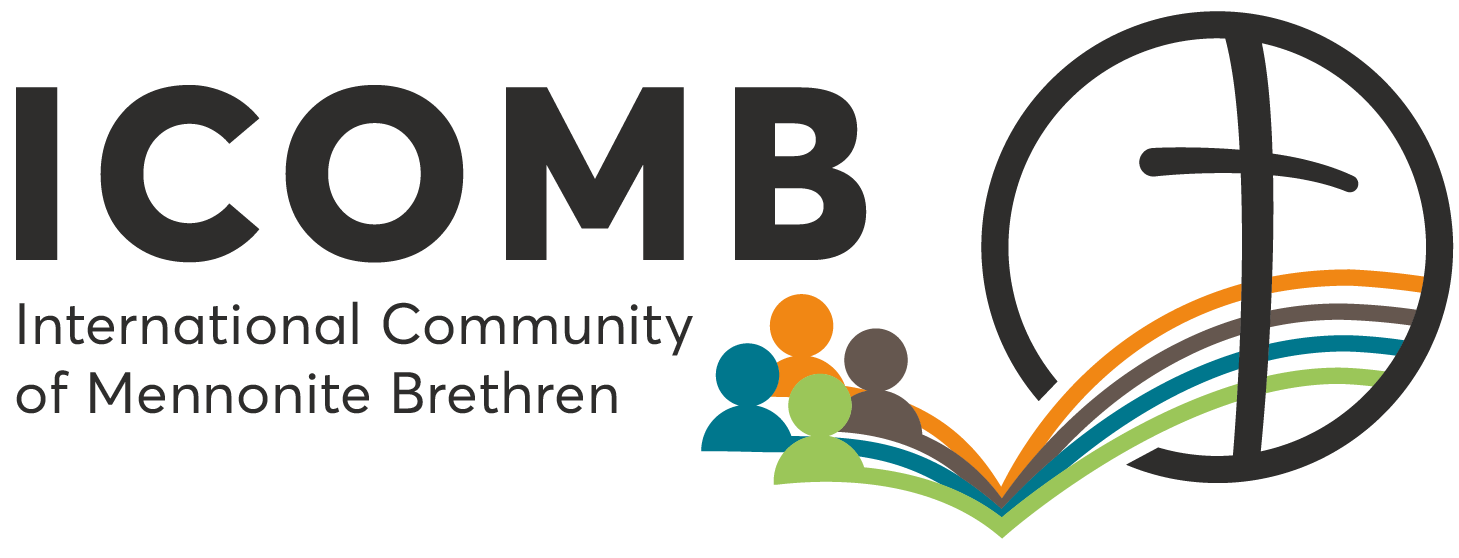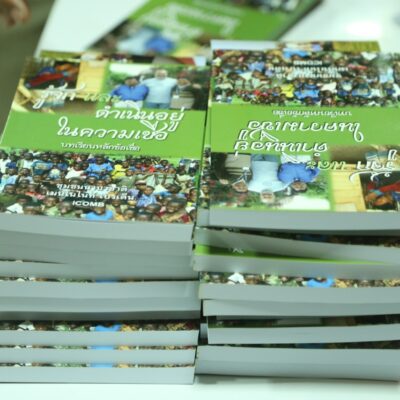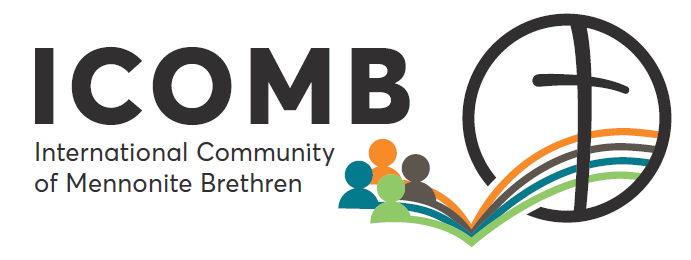This morning I was celebrating the Lord’s Supper with the good folks of Familia de Dios (Family of God) Mennonite Brethren Church in Trujillo, Peru. Pastor George read the 1 Corinthians 11 text to prepare us.
Then it hit me: here we are reading the text and doing precisely what it says – quite literally following the procedure laid down by Paul.
But as I looked around the room, not one woman was wearing something to cover her head! It struck me that we treat different scriptures quite differently – even within the space of one chapter! One half is treated metaphorically; the other half literally in this case.
This is an illustration of the outcome of hermeneutics – the task of deciding how we will interpret scripture.
Mennonite Brethren speak commonly of our “community hermeneutic.” We believe the voice of the people shape our interpretation of scriptures.
This idea was generated by the Anabaptist movement 500 years ago. They taught that we know God’s will through the Scriptures, plus the life of Christ as our example (lifting the gospels and the Sermon on the Mount as interpretive tools for the rest of Scripture), plus the Holy Spirit who indwells every believer. They extrapolated from that to teach that when Spirit-filled believers come together (“where 2 or 3 are gathered”), they actually became the 4th “voice” of God.
As this flashed through my mind this morning, another thought hit me: where’s the integrity? If we literally do one half of the chapter, and metaphorically “not do” another half, do we still have integrity, or have we sacrificed it in some way?
Well, because these are both within longstanding accepted practice in the Mennonite Brethren church, we could say our integrity lies at least in part in our community and its pathway of interpretation. God has allowed us to make this call, even though in other churches women literally wear head coverings.
I am amazed at the trust and power God puts in his followers! We can interpret one way – or another – the same passage of scripture.
It seems to me that integrity will come from several sources.
First, our interpretation must flow from a very high regard of Scripture. It is inspired by God. It is authoritative. Even if interpretations vary, there must be integrity with the intent of Scripture.
Second, our interpretations must have foundation in history. The early church fathers grappled with most of the questions we have today. While our context and culture now differs dramatically, we must learn from how they interpreted the scriptures into their context. I don’t think we pay enough attention to this factor.
We should also turn to our theological forbears, the Anabaptists. These radical reformers dealt with issues within a specific political and ecclesial context. Integrity is found in holding to the Anabaptist lead, and not giving inappropriate weight to other major theological streams. Sometimes I feel we give away too much ground on the founders of our movement, taking up values and interpretive rules from others.
Lastly, integrity is found internally – in unity around our current confession. I think this should be considered after we go through the above grid. We must beware of making uniformity equivalent with integrity. We can be diverse and continue to be unified around Christ and his mission. This is true of ICOMB, and of the larger church itself.
My immediate future contains the application of the above thoughts. At our annual ICOMB meeting we will grapple with the role of our international community as we try to hold one another accountable for faith and practice. We will look at integrity from different angles.
One angle will be a question from our USA family. They are addressing integrity around our peace confession. Ed Boschman has asked if ICOMB would listen to what they are working on.
I believe we will be able to help. After all, leaders from the global M.B. community will be together. And I trust that God will allow the global community hermeneutic to be fully operational! I invite your prayers for us.




